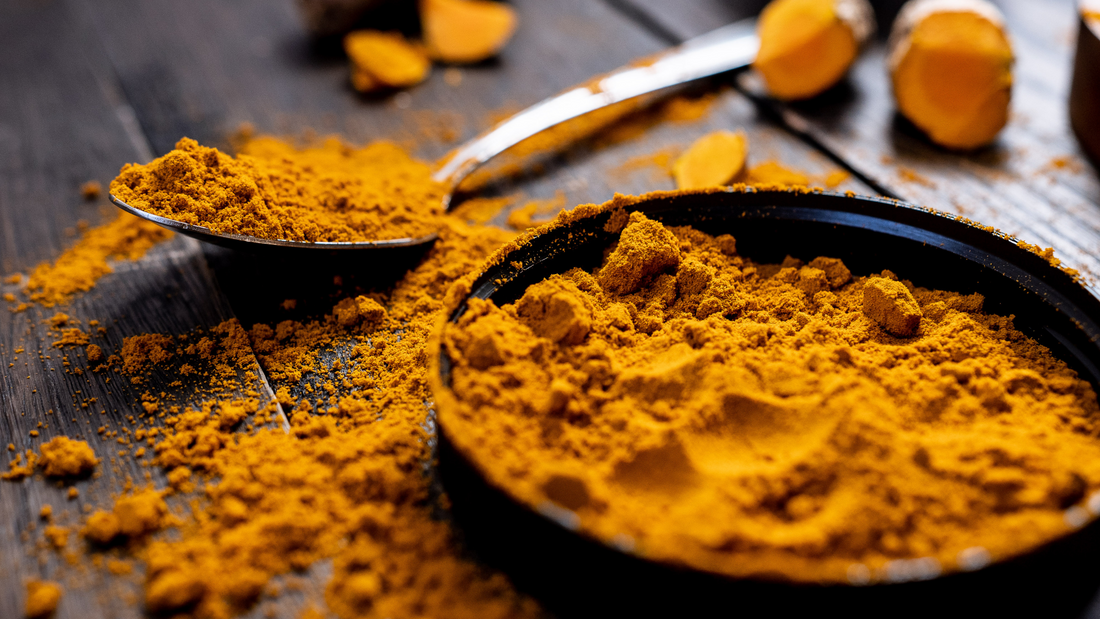Inflammation is often misunderstood. It is essential for healing in the short term but potentially harmful when it persists unchecked. Whether you’re recovering from physical exertion, managing stress, or striving for mental clarity, understanding the role of inflammation is critical for maintaining both body and mind.
Chronic inflammation, in particular, is a silent disruptor, affecting physical recovery, cognitive function, and long-term health in ways that might not be immediately noticeable. In this article, we’ll explore the different types of inflammation, how they impact recovery and mental performance, and steps you can take to manage inflammation effectively.
Types of Inflammation: Acute vs Chronic
Inflammation is the body’s natural response to injury or stress, acting as a protective mechanism to initiate healing. However, not all inflammation is the same.
Acute Inflammation
This is the short-term, immediate response to injury or stress. For example, when you sprain an ankle or complete a challenging workout, your body activates inflammation to repair tissue damage. Common signs include redness, swelling, and pain, and these typically subside within a few days.
Chronic Inflammation
Unlike acute inflammation, chronic inflammation is long-lasting and often occurs without apparent symptoms. It arises when the immune system remains constantly activated, even without injury or infection. Over time, this low-grade inflammation can damage tissues and is linked to conditions such as cardiovascular disease, diabetes, and cognitive decline.
Research published in Immunity & Ageing (2023) highlights that chronic inflammation accelerates cellular ageing, reducing the body’s ability to repair itself and maintain resilience.
How Chronic Inflammation Affects Recovery
For those who value staying active, recovery is as important as effort. Inflammation is necessary for muscle repair, but it disrupts the body’s ability to heal efficiently when it becomes chronic.
Delayed Muscle Repair
- Reduced Muscle Protein Synthesis: Chronic inflammation interferes with the repair and growth of muscle tissue after exercise.
- Joint Discomfort: Persistent inflammation contributes to stiffness and pain, limiting mobility and reducing physical performance.
- Increased Risk of Injury: Chronic inflammation weakens connective tissues, leaving them more vulnerable to strain or damage.
The Journal of Gerontology (2024) found that prolonged inflammation reduces the effectiveness of cellular repair mechanisms, particularly as we age, which slows recovery and diminishes physical capacity.
How Inflammation Impacts Cognitive Performance
Chronic inflammation doesn’t stop at the body—it also affects the brain. Through the gut-brain axis, inflammatory signals can interfere with mental performance and emotional resilience.
Key Effects on the Brain
- Brain Fog and Mental Fatigue: Persistent inflammation impacts neurotransmitter production, contributing to slower thinking and reduced focus.
- Memory Impairment: Inflammatory activity in the hippocampus, a region central to memory, can lead to difficulties in recall and learning.
- Increased Stress Sensitivity: Elevated levels of inflammatory markers, such as interleukin-6 (IL-6), have been linked to heightened anxiety and reduced ability to handle stress.
A study highlighted by Neuroscience News (2023) found that chronic inflammation significantly impairs brain function, increasing the risk of neurodegenerative diseases like Alzheimer’s.
How to Manage Inflammation
Chronic inflammation doesn’t have to be inevitable. Effective, evidence-based strategies, such as dietary choices, lifestyle adjustments, and targeted supplements, can bring it under control.
1. Nutrition
- Eat Anti-Inflammatory Foods: Incorporate ingredients like fatty fish (rich in omega-3s), berries (packed with antioxidants), and green tea (high in polyphenols).
- Avoid Inflammatory Triggers: Limit your intake of refined sugars, processed foods, and trans fats.
2. Supplements
Certain supplements have been shown to help reduce inflammation:
- Omega-3 Fatty Acids: Effective at lowering inflammatory markers such as CRP levels.
- Curcumin: Found in turmeric, curcumin inhibits key pathways that trigger inflammation.
- Vitamin D: Low levels are strongly associated with increased inflammation.
3. Lifestyle Changes
- Stay Active: Moderate, consistent exercise reduces chronic inflammation, although overtraining can have the opposite effect.
- Prioritise Sleep: Inadequate sleep has been shown to increase inflammatory markers. Aim for 7–9 hours per night.
- Manage Stress: Stress activates inflammatory pathways. Practices like mindfulness and yoga can help reduce stress-related inflammation.
A study published in Health (2016) highlights that combining these strategies creates a synergistic effect, helping to bring inflammation back to healthy levels.
Conclusion: Why Managing Inflammation Matters
Inflammation is a double-edged sword. While acute inflammation is necessary for healing and recovery, chronic inflammation undermines physical and mental performance. It disrupts muscle repair, slows recovery, and diminishes focus and clarity, creating a cascade of effects that can hold you back.
Taking proactive steps—whether by adjusting your diet, incorporating supplements, or prioritising recovery practices—can help reduce the harmful effects of chronic inflammation and improve your overall health. Regular monitoring, such as blood tests to measure markers like CRP, can provide additional insights to guide your approach.
Chronic inflammation doesn’t have to be a barrier. By addressing it, you can take control of your health and feel clearer, stronger, and more capable every day.
FAQs
-
How do I know if I have chronic inflammation?
Chronic inflammation often has no visible symptoms but can be detected through blood tests measuring markers like CRP and IL-6. -
What are the signs of inflammation affecting performance?
Common signs include persistent fatigue, muscle soreness that doesn’t improve, joint pain, and mental fog. -
Can chronic inflammation be reversed?
Yes, dietary changes, lifestyle adjustments, and targeted supplements can often significantly reduce chronic inflammation. -
What foods are best for reducing inflammation?
Fatty fish, leafy greens, berries, turmeric, and nuts are anti-inflammatory foods. -
How often should I check for inflammation markers?
Consider testing every 6–12 months, especially if implementing new strategies to address inflammation.

